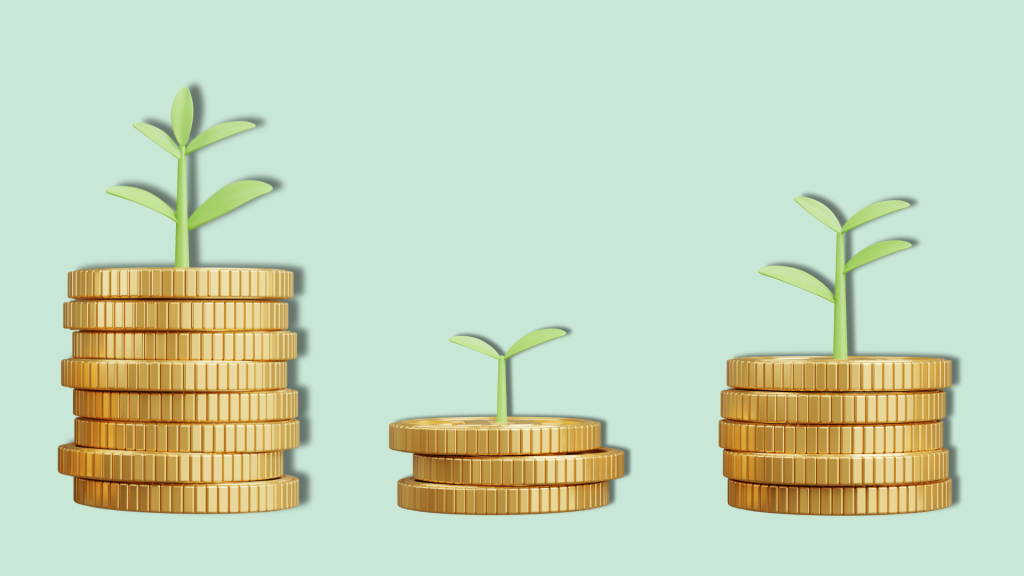In academia – especially for young researchers – there seems to be only one way to the top: publish frequently and in well-regarded journals. This pressure however may sometimes come at the expense of academic quality. As with other things, good research sometimes just needs time. Unfortunately, infrequent publishing might be followed by less recognition, […]
posts
The not-so-sharing economy
With the rise of Airbnb and Uber into the elite club of Silicon Valley superstar firms, the sharing economy has become an accepted business concept and social practice. Apart from the fact that sharing economy platforms (SEPs), such as Airbnb and Uber, are very savvy in playing labelling games (most of them have little to […]
Hybrid Organizing in the Face of Grand Challenges
Sharing is not Always Caring In 2015, thousands of refugees arrived in Europe. A recent paper by Kornberger and colleagues (2017) zooms in on the “Train of Hope”, a civil society organization that organically gained exclusive operational command at Vienna’s main train station during this refugee crisis. The paper is a critical reflection on much of […]
Big fuss about a big policy plan – and why this matters for corporate social responsibility: the Chinese social credit system
Few statist policy blueprints on matters pretty technical have captured our collective imagination as has the Chinese Social Credit System (SCS). Announced by China’s State Council on June 14, 2014, and building on experimentation with related mechanisms since the early 2000s, it sets out a hugely ambitious effort, officially described to instil societal trust, integrity and cohesion in a highly complex society.
‘Just Sustainabilities’ in a World of Global Value Chains
What if we used our size and resources to make this country and this earth an even better place for all of us: customers, Associates, our children, and generations unborn? What if the very things that many people criticize us for—our size and reach—became a trusted friend? Excerpt from ‘Leadership in the 21st Century’, speech by […]
Wonder Tech and the Institution of Gender
“I didn’t realize that I was a woman until I went to the US.” This was the rather arresting comment of a keynote speaker at the WonderTech Summit in Copenhagen, organized by a group of, mainly female, IT professionals. The speaker in question (a Senior Vice President of a leading MNC and leader of a women’s innovation […]
A Taxonomy of Sustainable Business Model Patterns
In recent years, so-called “sustainable business models” are increasingly gaining in importance in both practice and research.[1] There is hope that business models and business model innovation could, for instance, support the diffusion of ecologically and socially-beneficial products and services in the market.[2] Despite the growing interest, there still exists a lack of systematically-generated knowledge about the […]
Bottom-up Sustainability: Let’s make CBS the First Business School with a Green Community Currency!
In an earlier BOS article, Louise Thomsen from CBS PRME asked the question whether universities are falling behind on the green transition. We, as students, might not feel resourceful enough to bring up the debate about sustainable development and large-scale transitions. But in fact, we have tremendous possibilities to help our own institutions walk the walk […]
Is Social Media Redefining the Pursuit of Social Change?
Summary. Social media has become a battleground where NGOs with global perspectives, corporations and new digital social movements all fight to shape public opinion in the pursuit of social change. Though often criticized for the low quality of online deliberation, social media has become one of the primary avenues for diffusion of information, and increasingly […]
The Ethical Blindness of Corporate Sustainability
Corporate sustainability (and related concepts like ESG and materiality) have been reduced to discussions around financial value. This makes these concepts “ethically blind”. We are in need of a resurgence of business ethics, otherwise the endless discussions of the “business case” for sustainability will turn out to be the error at the heart of true […]









